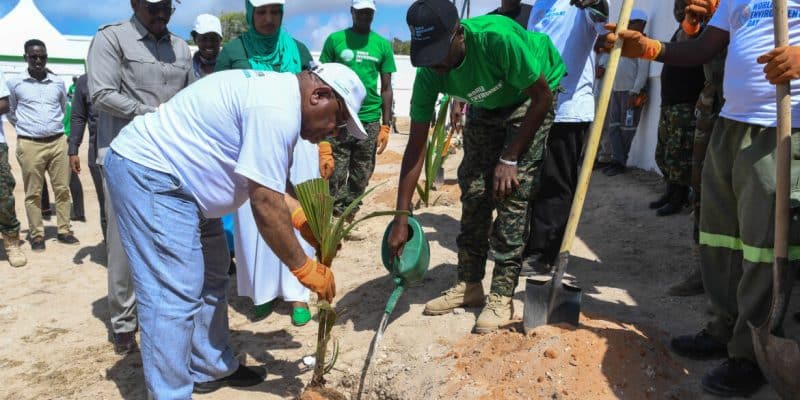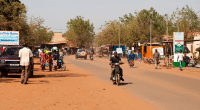As Somalia faces a devastating drought, the African Union Transition Mission in Somalia (ATMIS), the United Nations (UN) and the Somali federal government are launching a campaign to plant 30,000 trees in the country. The aim is to green Somalia over the next few years.
Over the next two years, the African Union Transition Mission in Somalia (ATMIS), the United Nations (UN) and the Somali federal government are counting on reforestation to mitigate the effects of the drought. This explains the launch on 5 June 2023 of a campaign to plant 30,000 trees around 58 forward operating bases of the African Union (AU) forces in Somalia. The aim is to enhance biodiversity and mitigate the effects of climate change in this country in the Horn of Africa, and to help combat repeated cycles of drought.
Read Also-
The operation, launched to mark World Environment Day, will run until December 2024. The trees planted will help to increase Somalia’s forest cover, estimated at 10.20% in 2022 according to the Environment Department of the Prime Minister’s Office in Somalia.
Planting 10 million trees
The Somali government wants to achieve 30% forest cover by 2030 through agroforestry and sustainable management of existing land. The Somali authorities intend to achieve this objective by speeding up the “Regreening Somalia” initiative, launched by the President of the Federal Republic of Somalia, Hassan Sheikh Mohamoud, in October 2022.
This initiative, which includes the 30,000-tree planting campaign, aims to plant 10 million trees in state, district and regional capitals throughout Somalia. As well as creating forests, the operation will help to reduce soil erosion, as tree roots hold the soil in place on sloping land, stabilising and regulating soil hydrology and the level of the water table.
Inès Magoum







